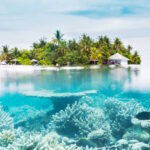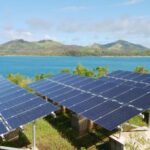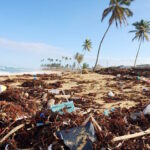Preserving Marine Biodiversity Around Island Nations
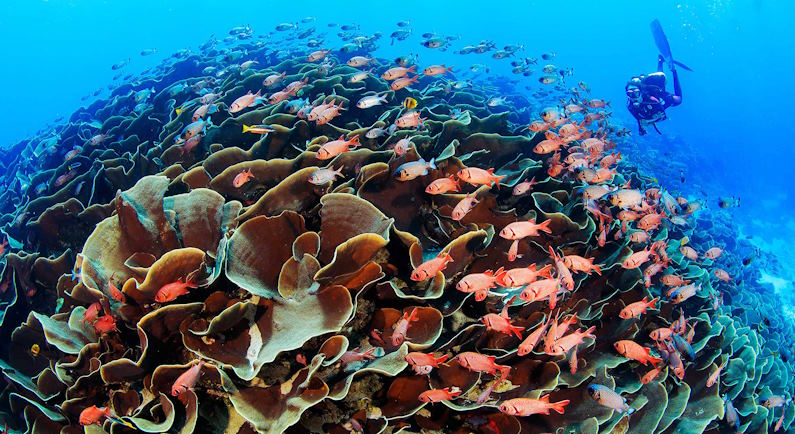
Island nations, surrounded by vast oceans, are custodians of some of the world’s most diverse marine ecosystems. These ecosystems are not only crucial for the environmental health of our planet but also provide essential services to human societies, including food security, tourism, and protection against natural disasters. However, marine biodiversity around these nations is under severe threat from overfishing, climate change, pollution, and habitat destruction. This article explores the importance of protecting marine ecosystems in island nations and the strategies implemented to protect these vital resources.
The Significance of Marine Biodiversity
Marine biodiversity encompasses all species living in the oceanic environment, from the smallest plankton to the biggest whales, including the habitats that support them coral reefs, mangroves, and seagrass beds. For island nations, the ocean is a lifeline, providing food, employment, and protection. Coral reefs, often referred to as the “rainforests of the sea,” are biodiversity hotspots that support a quarter of all marine strategies for safeguarding biodiversity in coastal waters. They act as natural breakwaters, reducing the impact of storms and erosion on coastlines. The loss of marine biodiversity disrupts these ecosystems and the human communities that depend on them.
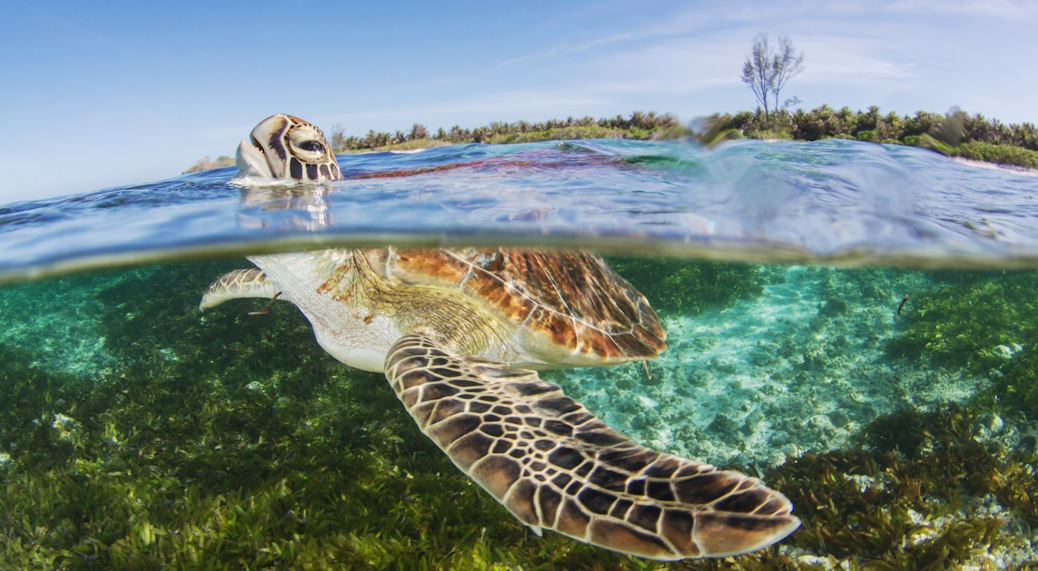
Threats to Marine Biodiversity
The marine environments around island nations face numerous threats. Overfishing depletes fish stocks faster than they can replenish, undermining food security and economic stability. Climate change, manifesting as rising sea temperatures and ocean acidification, bleaches coral reefs and alters the distribution of marine species. Pollution, including plastic debris, chemicals, and untreated sewage, further degrades marine habitats. Additionally, coastal development for tourism and other economic activities can destroy crucial habitats like mangroves and seagrass beds.
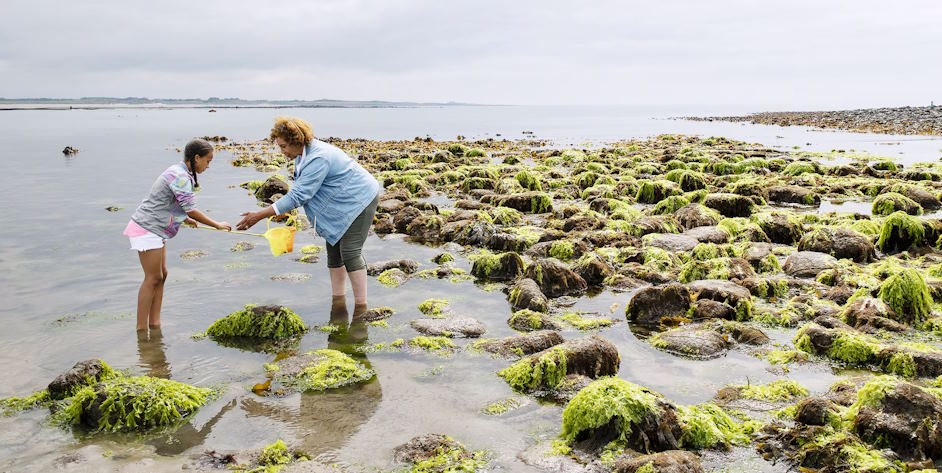
Strategies for Preservation
To combat these threats, a multifaceted approach to conservation is essential. Establishing marine protected areas (MPAs) is a vital procedure offering a refuge where ecosystems can regenerate and thrive. Effective management of these MPAs, including monitoring and enforcement, ensures they meet their conservation goals. Sustainable fishing practices, supported by international agreements and local regulations, help maintaining biodiversity in the seas surrounding island communities.
The preservation of marine biodiversity around island nations is a complex challenge that requires coordinated global and local action. By implementing effective conservation strategies, promoting sustainable practices, and involving local communities, we can protect these vital ecosystems for future generations. Preserving marine biodiversity is not just about saving species; it’s about maintaining the health of our planet and ensuring the well-being of millions of people who depend on these ecosystems.





